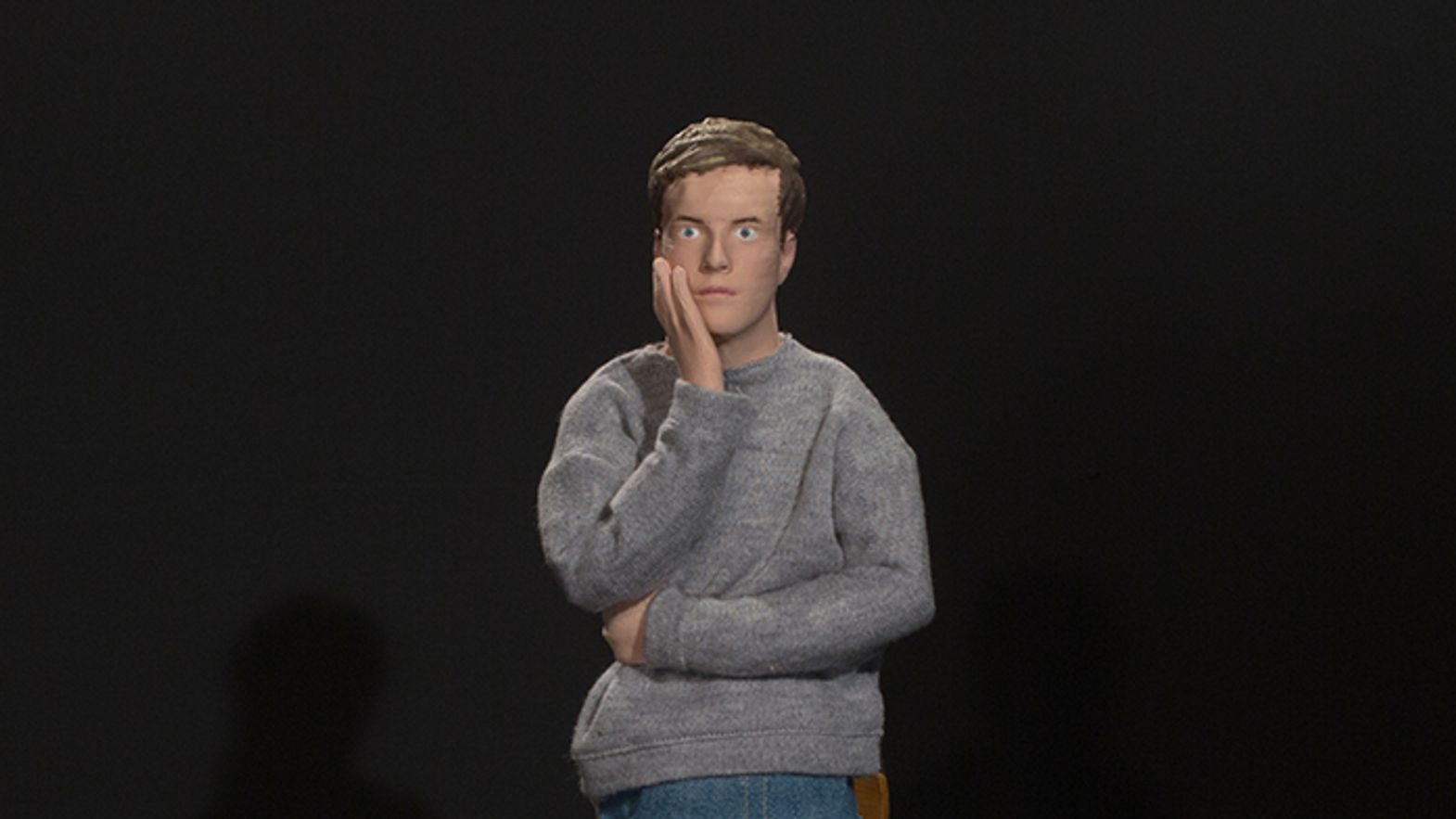
Using the medium of film as a mirror to the world seems only natural to everybody. Human beings are part of the world, so we should be in the frame! Claudius Gentinetta, from Lucerne, therefore casts a sharp, almost absurd, eye over the behaviour of our fellow humans. Selfies, as its name suggests, handles this modern obsession that has people taking photos of themselves everywhere and all the time in order to exist on social networks. With its brake-neck speed and high-speed animation, Selfies is a mirror of ourselves. But please, no selfies during the screening!
In another register, Yatoni Roy Cantù from ECAL takes us into another century filled with beliefs, superstition and magic. Basking in superb light and image, La Source shows a woman suffering from a serious skin disease. With the assistance of a nun and her faith, she tries to cure herself by diving into a secret spring. La Source is surprising because of its subject matter and imposes itself through its staging that works so well with the narration.
Magdalena Froger is back at Locarno after being selected in 2017 for her film Les intranquilles. True to her taste for minimalist storytelling, Abigail takes us along the path of two lost souls in places that are too big for them, as in their lives. Magdalena confirms a proven talent for atmospheric filming that wisely leaves a great space for the viewer.
For his part, Loïc Kreyden arrives directly from Lucerne’s animation school. There can be no better word than ’enigmatic’ to describe his film Hier. This is what gives the film its charm, leaving the audience to project themselves into the animated short created by this young student.
As for Laurence Favre, she was already included in last year’s selection with Résistance. This year, she is back with a film mixing archive images playing with temporalities. In Loving Memory of the Future already holds in its title the paradox that is the essence of this superb film.
Les Îles de Brissogne, by Juliette Riccaboni also addresses the future, but of a very different kind. Eighteen year old Aurora, has left her mother, taking her younger brother, who has learning difficulties, with her. The two adolescents try to survive, dreaming of a better future and a new life in another country. The amazing young actress makes this a film that gives a wonderful portrayal of human relationships. Juliette Riccaboni offers a great sense of tragedy that gives the narration immense depth.
After 2016 and Las visceras, Elena López Riera is back at the wheel with Los que desean. In this documentary, Elena examines a highly masculine tradition in southern Spain. A flock of male pigeons must seduce a female to win this very unusual race. A parable of the patriarchal Spanish society of another time, this film addresses social imbalance with accuracy and a touch of humour. Elena López Riera confirms her style of uncompromising filmmaking in a velvet glove.